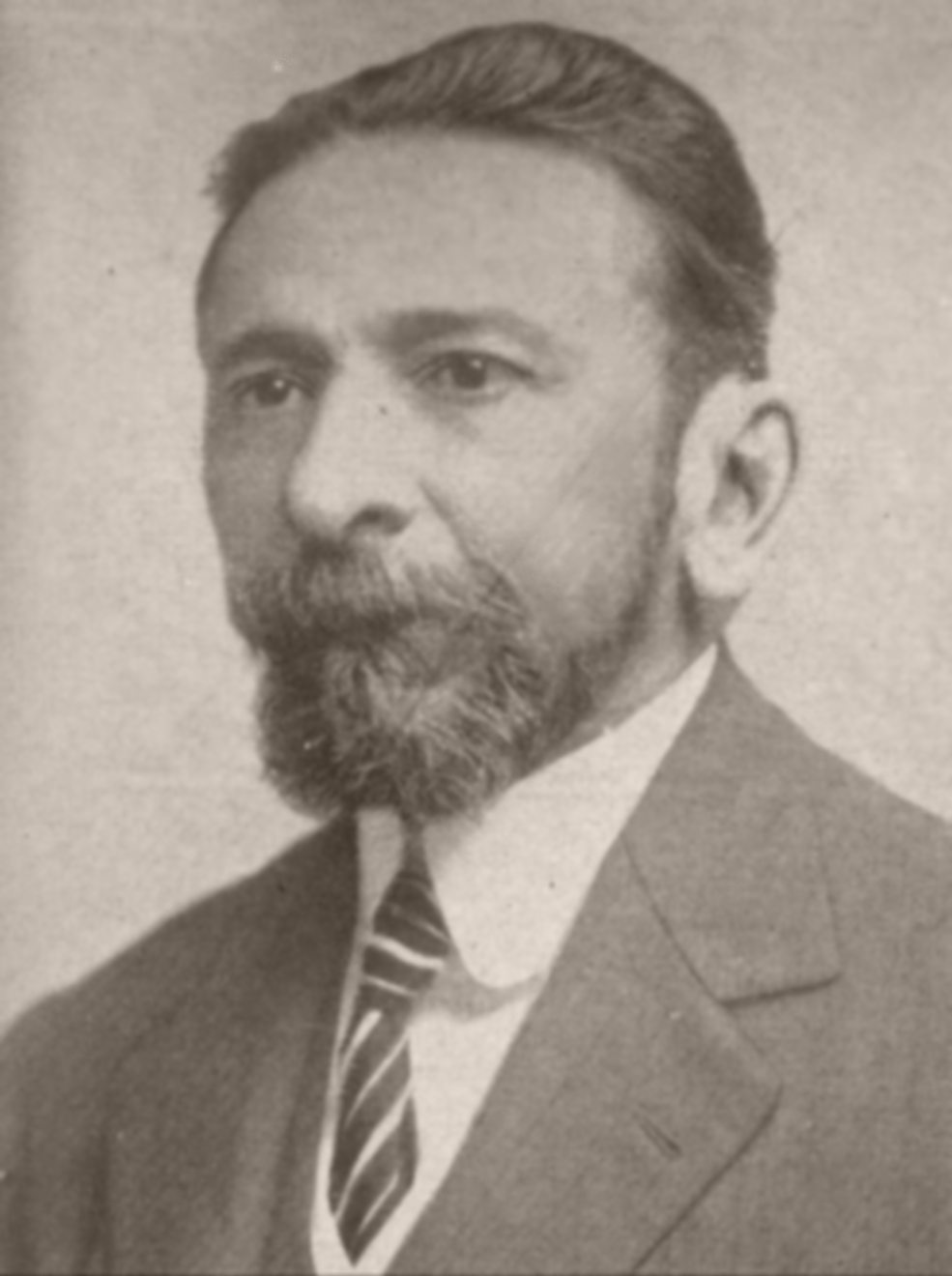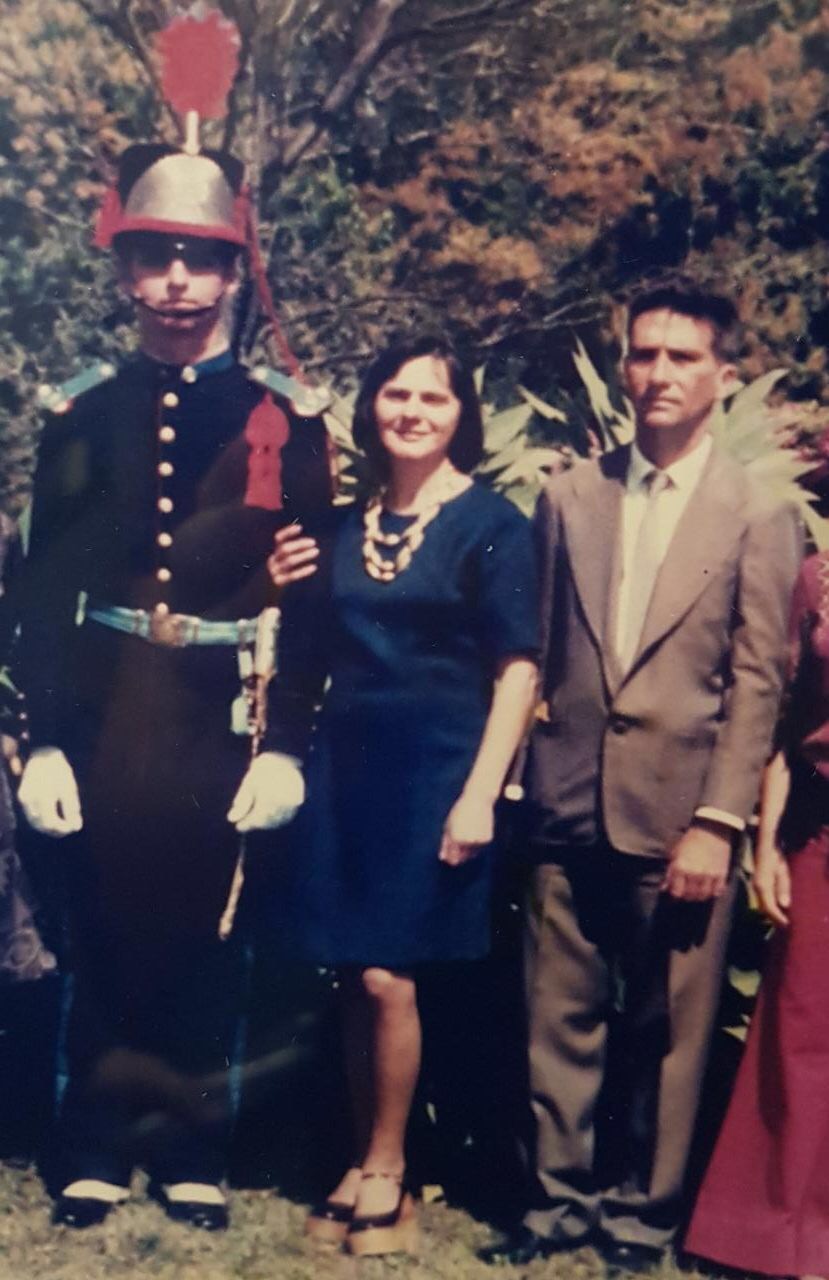|
Júlio Ribeiro
Júlio César Ribeiro Vaughan (April 16, 1845 – November 1, 1890) was a Brazilian Naturalist novelist, philologist, journalist and grammarian. He is famous for his controversial romance '' A Carne'' and for designing the flag of the State of São Paulo, which he wanted to be the flag of Brazil. He is patron of the 24th chair of the Brazilian Academy of Letters. Life Ribeiro was born in 1845, in Sabará, to American George Washington Vaughan and Maria Francisca Vaughan (''née'' Ribeiro). Initially homeschooled by his mother, he later entered a school in Minas, and, in 1862, he moved to Rio de Janeiro to ingress at the Academia Militar das Agulhas Negras. Three years later, he quit the Military School to dedicate himself to journalism. For that, he studied Latin in the Faculdade de Direito da Universidade de São Paulo and later became a teacher there. As a journalist, he founded and wrote for ''O Sorocabano'' in Sorocaba; wrote for ''A Procelária'' and ''O Rebate'' in Sã ... [...More Info...] [...Related Items...] OR: [Wikipedia] [Google] [Baidu] |
Sabará
Sabará is a Brazilian municipality located in the state of Minas Gerais. The city belongs to Greater Belo Horizonte, the Belo Horizonte metropolitan region and to the associated microregion. It is a well preserved historic city and retains the characteristics of a baroque architecture, baroque city, with its Church (building), churches, buildings and museums. Other historical cities in Minas Gerais are Ouro Preto, São João del-Rei, Diamantina, Minas Gerais, Diamantina, Mariana, Minas Gerais, Mariana, Tiradentes, Minas Gerais, Tiradentes and Congonhas. Historic structures Sabará is home to numerous colonial-period historic structures, many designated as Brazilian national monuments by the National Institute of Historic and Artistic Heritage (IPHAN); others are designated as state monuments or recognized as Portuguese-era monuments as Heritage of Portuguese Influence by Calouste Gulbenkian Foundation. * Hospice of the Holy Land and Chapel of Our Lady of Pilar (''Hospício ... [...More Info...] [...Related Items...] OR: [Wikipedia] [Google] [Baidu] |
Academia Brasileira De Letras
The Academia Brasileira de Letras (ABL) ( English: ''Brazilian Academy of Letters'') is a Brazilian literature, literary non-profit society established at the end of the 19th century. The first president, Machado de Assis, declared its foundation on Tuesday, 15 December 1896, with the by-laws being passed on Thursday, 28 January 1897. On Tuesday, 20 July of the same year, the academy started its operation. According to its statutes, it is the pre-eminent Portuguese council for matters pertaining to the Portuguese language. The ABL is considered the foremost institution devoted to the Portuguese language in Brazil. Its prestige and technical qualification gives it paramount authority in Brazilian Portuguese, even though it is not a public institution and no law grants it oversight over the language. The academy's main publication in this field is the Orthographic Vocabulary of the Portuguese Language (''Vocabulário Ortográfico da Língua Portuguesa'') which has five editions ... [...More Info...] [...Related Items...] OR: [Wikipedia] [Google] [Baidu] |
Priest
A priest is a religious leader authorized to perform the sacred rituals of a religion, especially as a mediatory agent between humans and one or more deities. They also have the authority or power to administer religious rites; in particular, rites of sacrifice to, and propitiation of, a deity or deities. Their office or position is the 'priesthood', a term which also may apply to such persons collectively. A priest may have the duty to hear confessions periodically, give marriage counseling, provide prenuptial counseling, give spiritual direction, teach catechism, or visit those confined indoors, such as the sick in hospitals and nursing homes. Description According to the trifunctional hypothesis of prehistoric Proto-Indo-European society, priests have existed since the earliest of times and in the simplest societies, most likely as a result of agricultural surplus and consequent social stratification. The necessity to read sacred texts and keep temple or church rec ... [...More Info...] [...Related Items...] OR: [Wikipedia] [Google] [Baidu] |
Alfredo Pujol
Alfredo (, ) is a cognate of the Anglo-Saxon name Alfred and a common Italian, Galician, Portuguese and Spanish language personal name. People with the given name include: *Alfredo (born 1946), Brazilian footballer born as Alfredo Mostarda Filho *Alfredo II (1920–1997), Brazilian footballer born as Alfredo Ramos dos Santos *Albee Benitez (born 1966), Filipino-American businessman and politician born as Alfredo Benitez *Aldo Sambrell, a European actor also known as Alfredo Sanchez Brell *Alfredo (album), an album by Freddie Gibbs and the Alchemist * Alfredo Ábalos (born 1986), Argentine footballer *Alfredo Aceves (born 1982), Mexican baseball player *Alfredo Aglietti (born 1970), Italian footballer and manager *Alfredo Aguilar (born 1988), Paraguayan goaltender *Alfredo Armas Alfonzo (1921–1990), Venezuelan writer *Alfredo Alonso, Cuban-born media executive with Clear Channel Radio *Alfredo Álvarez Calderón (1918–2001), Peruvian diver *Alfredo Amézaga (born 1978), Mexican ... [...More Info...] [...Related Items...] OR: [Wikipedia] [Google] [Baidu] |
José Veríssimo
José Veríssimo Dias de Matos (8 April 1857 – 2 December 1916) was a writer, educator, journalist, literary critic, and founding member of the Brazilian Academy of Letters. Biography José Veríssimo was born in Óbidos, Pará, the son of José Veríssimo de Matos and Ana Flora Dias de Matos. His early school-days were spent in Manaus and Belém. In 1869, he was sent to Rio de Janeiro to continue his studies, but had to return to Pará due to poor health. He then devoted himself zealously to journalism and teaching. In 1891, Veríssimo returned to Rio de Janeiro and took a position as professor in Colégio Pedro II Colégio Pedro II is a traditional federal public school, located in the state of Rio de Janeiro, Brazil. It is the third oldest active college in the country, after Ginásio Pernambucano and Atheneu Norte-Riograndense. The school was created .... For some time (1895–1899), concurrently with his scholarly labors, he edited the famous ''Revista Brasileira''. ... [...More Info...] [...Related Items...] OR: [Wikipedia] [Google] [Baidu] |
Philology
Philology () is the study of language in oral and writing, written historical sources; it is the intersection of textual criticism, literary criticism, history, and linguistics (with especially strong ties to etymology). Philology is also defined as the study of literary texts as well as oral and written records, the establishment of their authenticity and their original form, and the determination of their meaning. A person who pursues this kind of study is known as a philologist. In older usage, especially British, philology is more general, covering comparative linguistics, comparative and historical linguistics. Classical philology studies classical languages. Classical philology principally originated from the Library of Pergamum and the Library of Alexandria around the fourth century BC, continued by Greeks and Romans throughout the Roman Empire, Roman/Byzantine Empire. It was eventually resumed by European scholars of the Renaissance humanism, Renaissance, where it was s ... [...More Info...] [...Related Items...] OR: [Wikipedia] [Google] [Baidu] |
Campinas
Campinas (, ''Plains'' or ''Meadows'') is a Brazilian municipality in São Paulo State, part of the country's Southeast Region. According to the 2020 estimate, the city's population is 1,213,792, making it the fourteenth most populous Brazilian city and the third most populous municipality in São Paulo state. The city's metropolitan area, Metropolitan Region of Campinas, contains twenty municipalities with a total population of 3,656,363 people. Etymology Campinas means ''grass fields'' in Portuguese and refers to its characteristic landscape, which originally comprised large stretches of dense subtropical forests (mato grosso or thick woods in Portuguese), mainly along the many rivers, interspersed with gently rolling hills covered by low-lying vegetation. Campinas' official crest and flag has a picture of the mythical bird, the phoenix, because it was practically reborn after a devastating epidemic of yellow fever in the 1800s, which killed more than 25% of the city's inhabi ... [...More Info...] [...Related Items...] OR: [Wikipedia] [Google] [Baidu] |
São Paulo
São Paulo (, ; Portuguese for 'Saint Paul') is the most populous city in Brazil, and is the capital of the state of São Paulo, the most populous and wealthiest Brazilian state, located in the country's Southeast Region. Listed by the GaWC as an alpha global city, São Paulo is the most populous city proper in the Americas, the Western Hemisphere and the Southern Hemisphere, as well as the world's 4th largest city proper by population. Additionally, São Paulo is the largest Portuguese-speaking city in the world. It exerts strong international influences in commerce, finance, arts and entertainment. The city's name honors the Apostle, Saint Paul of Tarsus. The city's metropolitan area, the Greater São Paulo, ranks as the most populous in Brazil and the 12th most populous on Earth. The process of conurbation between the metropolitan areas around the Greater São Paulo (Campinas, Santos, Jundiaí, Sorocaba and São José dos Campos) created the São Paulo Macrometr ... [...More Info...] [...Related Items...] OR: [Wikipedia] [Google] [Baidu] |
Sorocaba
Sorocaba () is a municipality in the state of São Paulo, Brazil. Sorocaba is the eighth-largest city in the state of São Paulo. Outside the Greater São Paulo region, it ranks behind only Campinas, São José dos Campos and Ribeirão Preto. It is part of the Metropolitan Region of Sorocaba. The population is 687,357 (2020 est.) in an area of 450.38 km2. Over the past twelve years the city has been undergoing extensive urbanization projects, improving streets and avenues, as well as infrastructure for the traffic which the city receives every day. It is the eighth and fourth municipality in the consumer market in the state outside the Greater São Paulo metropolitan area, with a potential annual per capita consumption estimated at $2,400 for the urban population and $917 for rural areas (7200 people) and twenty-ninth-largest city in Brazil with potential for consumption. Still, it is the fourth-largest city of the state in new investments and one of the largest in the co ... [...More Info...] [...Related Items...] OR: [Wikipedia] [Google] [Baidu] |
Latin Language
Latin (, or , ) is a classical language belonging to the Italic languages, Italic branch of the Indo-European languages. Latin was originally a dialect spoken in the lower Tiber area (then known as Latium) around present-day Rome, but through the power of the Roman Republic it became the dominant language in the Italy (geographical region), Italian region and subsequently throughout the Roman Empire. Even after the Fall of the Western Roman Empire, fall of Western Rome, Latin remained the common language of international communication, science, scholarship and academia in Europe until well into the 18th century, when other regional vernaculars (including its own descendants, the Romance languages) supplanted it in common academic and political usage, and it eventually became a dead language in the modern linguistic definition. Latin is a fusional language, highly inflected language, with three distinct grammatical gender, genders (masculine, feminine, and neuter), six or seven ... [...More Info...] [...Related Items...] OR: [Wikipedia] [Google] [Baidu] |
Academia Militar Das Agulhas Negras
The ''Academia Militar das Agulhas Negras'' (AMAN, en, Military Academy of Agulhas Negras - named after the Agulhas Negras summit) is the biggest among several schools of formation of combatant officers of the Brazilian Army. It originated in 1792 with the creation of the Royal Academy of Artillery, Fortification and Drawing, the first military school of the Americas, in the city of Rio de Janeiro. Today the Academy is located in the city of Resende, in the state of Rio de Janeiro. History In 1792, Queen Mary I of Portugal and Brazil founded the ''Real Academia de Artilharia, Fortificação e Desenho'' (Royal Academy of Artillery, Fortification and Drawing) in Rio de Janeiro, modeled after the existing Academy in Lisbon, intended to train artillery and engineering officers of the Portuguese Army in Brazil. This Academy is considered the pioneer of military and engineering education in the Americas. The transfer of the Portuguese Royal Court from Lisbon to Rio de Janeiro i ... [...More Info...] [...Related Items...] OR: [Wikipedia] [Google] [Baidu] |






